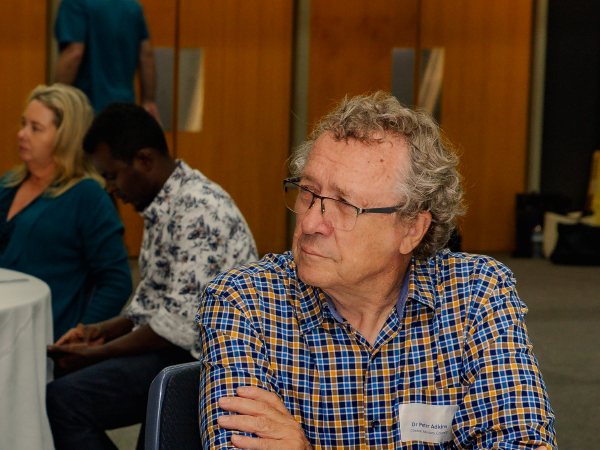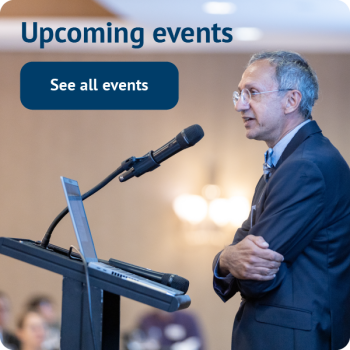Influenced: How to help patients navigate health misinformation and disinformation
By Dr Peter Adkins, General Practitioner
As GPs, we're increasingly being asked to make sense of health advice our patients bring to us—from TikTok trends and viral Facebook posts to stories shared by friends, family, or colleagues. Some of it may be accurate. Much of it is not.
We’re no strangers to the positive power of social media—during the COVID-19 pandemic, platforms helped deliver timely health advice directly from experts to the public. But we also saw the downside: misinformation and disinformation spreading just as fast, often with real-world consequences.
Misinformation vs Disinformation: What’s the difference?
Understanding the language we use to describe false or incorrect information is important.
Misinformation is false or misleading information shared without the intent to deceive.
Disinformation is false information deliberately spread to mislead or manipulate others.
Disinformation campaigns are often designed to appear credible. They exploit people’s emotions, cherry-pick scientific data, and tap into existing fears or distrust in conventional medicine. As clinicians, we need to stay aware of these tactics—because our patients are being exposed to them every day.
When belief trumps truth
Research from the COVID-19 era shows how quickly repeated misinformation can become entrenched. When a false claim is heard multiple times, it starts to feel true—whether or not it’s backed by evidence. This phenomenon, known as the illusory truth effect, helps explain why some patients hold fast to debunked ideas, even in the face of strong counter-evidence.
Adding to the complexity is the difference between fact and truth. A fact can be proven true or false based on evidence. Truth, however, is more personal—shaped by beliefs, culture, values and experiences. It’s why even the most well-evidenced rebuttal might not sway someone whose ‘truth’ tells a different story.
The GP’s role: trusted, calm, and curious
In practice, patients continue to see GPs as a trusted source of health advice. Most appreciate it when we take the time to appraise the claims they bring to us, offering clarity and calm in the face of confusion.
It helps to approach these conversations with curiosity rather than confrontation. Questions like, “Where did you hear that?” or “Can I show you another way to look at this?” can open the door to more constructive discussions. Patients are often relieved to hear a balanced, evidence-informed perspective.
Tools to help patients assess health claims
We can also guide patients to resources that help them assess the reliability of online health information for themselves.
One useful tool is the Healthdirect Australia checklist for assessing health information online. It encourages users to look out for:
the author’s qualifications or reputation
commercial interests or sponsorship
clear sources for claims made
‘red flags’ for misinformation (e.g. miracle cures or emotional language).
Another resource is the Debunking Handbook, which provides easy-to-follow guidance for identifying and addressing false or misleading claims.
Final thoughts
We don’t need to be myth-busters in every consultation. But we do need to be calm, credible, and ready to support our patients through the fog of online misinformation. When we meet confusion with clarity, and distrust with empathy, we reaffirm one of the most important roles we have in the digital age: being a trusted voice.
References
Healthdirect Australia. (n.d.). Assessing health information online. https://media.healthdirect.org.au/publications/assessing-health-info-online-pdf-healthdirect.pdf
Australian National University. (2020). Handbook empowers citizens to tackle fake news. https://www.anu.edu.au/news/all-news/handbook-empowers-citizens-to-debunk-fake-news
Hassan, A., & Barber, S. J. (2021). The effects of repetition frequency on the illusory truth effect. Cognitive research: principles and implications, 6(1), 38. https://doi.org/10.1186/s41235-021-00301-5

About the author
Dr Peter Adkins is a Brisbane-based GP with over 30 years of experience in community medicine. He has a particular interest in digital health innovation, health literacy and patient communication, and contributes regularly to professional development and mentoring for early-career GPs. Dr Adkins is also a Clinical Consultant for Brisbane South PHN, contributing to the development of evidence-based health programs for the local community.





